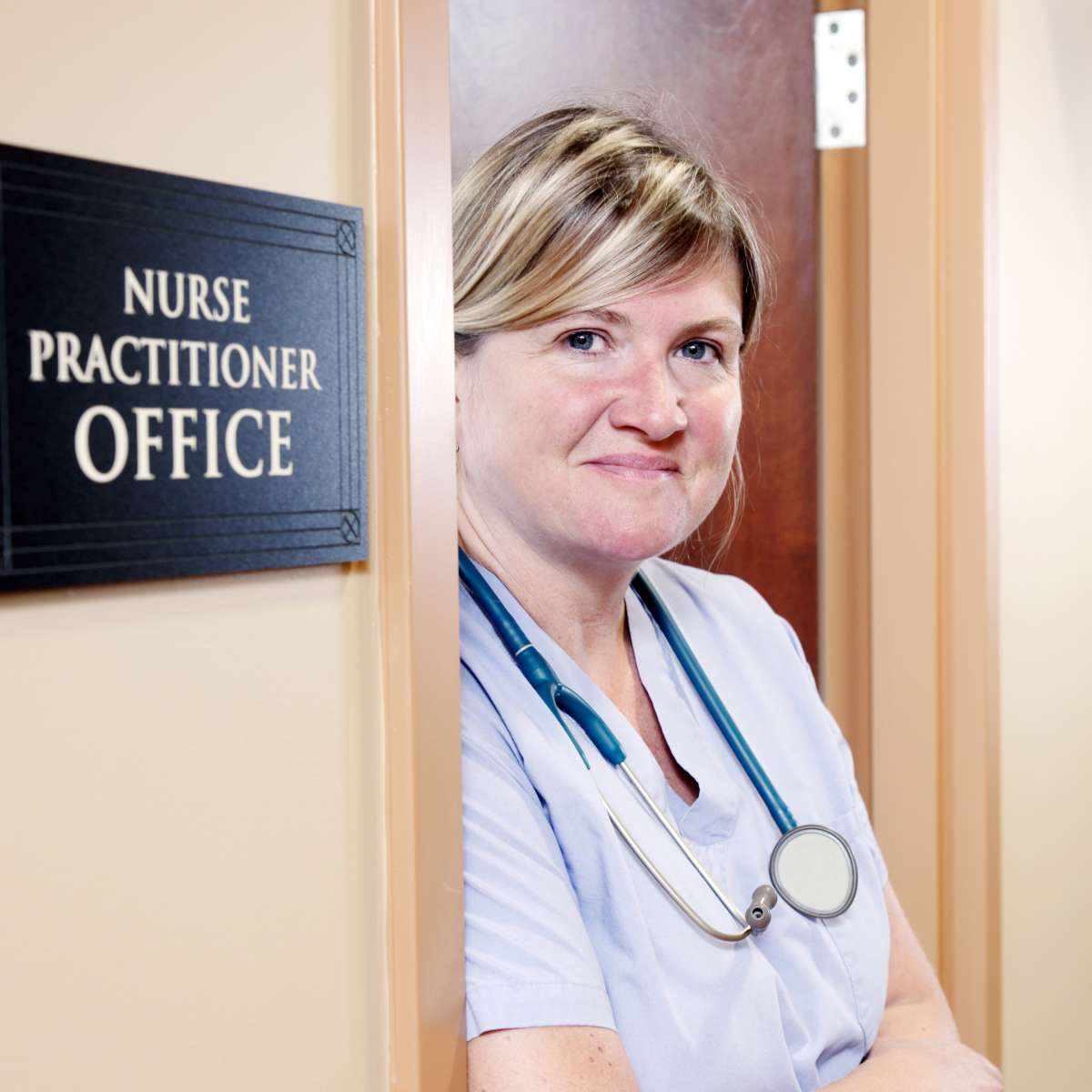Nurse Practitioner
Job Description
A Nurse Practitioner (NP) is a Registered Nurse with the experience, expertise and authority to diagnose and treat people of all ages with a variety of acute or chronic health conditions. NPs have completed additional university study at Master’s degree level and are the most senior and independent clinical nurses in our health care system.
The title of Nurse Practitioner can only be used by a person who has been endorsed by the Nursing and Midwifery Board of Australia. National standards for practice ensure that Nurse Practitioners are capable of providing high quality, patient centred care. They are also capable in clinical research, education and leadership as applied to clinical care and health service development. Nurse Practitioners work as key members of the healthcare team and collaborate with other nurses and healthcare professionals including GPs, medical and surgical specialists, physiotherapists, dieticians, occupational therapists, social workers, and many others. They work in a variety of locations, both in hospital and community settings.
Prior to becoming a Nurse Practitioner you would need to have all the practical experience and qualifications of a Registered Nurse with at least three years practical full time experience. Registered Nurses (RNs) work as part of a multidisciplinary team alongside other skilled professionals including doctors, surgeons, specialists, therapists, specialty nurses, social workers and many others to provide ongoing patient care to people who are sick, disabled, injured or recovering from surgery. Registered nurses deliver primary health care predominantly in hospitals, clinics, assisted living facilities, aged care facilities, Government or military institutions, community or school settings, in the home or in outpatient facilities. See Registered Nurse in the Careers Ladder to read more about their role and responsibilities.
Qualifications
Nurse Practitioners are Registered Nurses with a masters degree who have been endorsed by the Nursing and Midwifery Board of Australia (NMBA) to provide advanced, clinical care to patients.
They work with a team of physicians, while working independently as a primary health care provider or may specialise in a variety of areas, such as women's health, acute care or paediatrics. Nurse Practitioners can perform additional medical procedures and duties, such as prescribing medication. Nurse Practitioners often work in rural and remote areas, where demand for health services is high due to gaps in existing health care.
To become a Nurse Practitioner you will first need to become a Registered Nurse, completing a Bachelor of Nursing, which is available at most Australian universities. You then need to complete an accredited postgraduate degree, such as a graduate certificate in a clinical field of your choice. You will need an accredited masters degree and have at least 3 years full time nursing experience.
All nurses must apply to the Nursing and Midwifery Board of Australia (NMBA). Registration must be renewed annually.
Attributes
- Ambitious
- Articulate
- Autonomous
- Competent
- Communicator
- Confident
- Conscientious
- Dedicated
- Diligent
- Educated
- Focussed
- Intelligent
- Motivated
- Proficient
- Resourceful
- Specialised
Key Skills
- AHPRA Registration
- Nursing
- Aged Care
- Acute Care
- AHPRA Scheduled Medicine Endorsement
- Patient Care
- CPR Certificate
- Time Management
- Care plans
Future Prospects
Clinical Nurse Specialists can specialise in other roles, undertaking further studies to obtain qualifications and specialise in a particular area of nursing.
There are also opportunities to progress your career into more senior roles such as;
Registered Nurses can specialise in other roles, undertaking further studies to obtain qualifications and specialise in a particular area of nursing. Specialised Nursing Roles include:
- Aged Care Nurse
- Alcohol & Other Drug Nurse
- Anaesthetic Nurse
- Cardiac Nurse
- Child and Family Health Nurse
- Community Health Nurse
- Child and Family Health Nurse
- Flight Nurse
- Infection Control Nurse
- Intensive Care Specialist Nurse
- Mental Health Nurse
- Midwife
- Oncology Nurse
- Paediatric Nurse
- Palliative Care Nurse
- Perioperative Nurse
- Post Operative Nurse
- Rehabilitation Nurse
- Surgical Nurse
- Theatre Nurse
